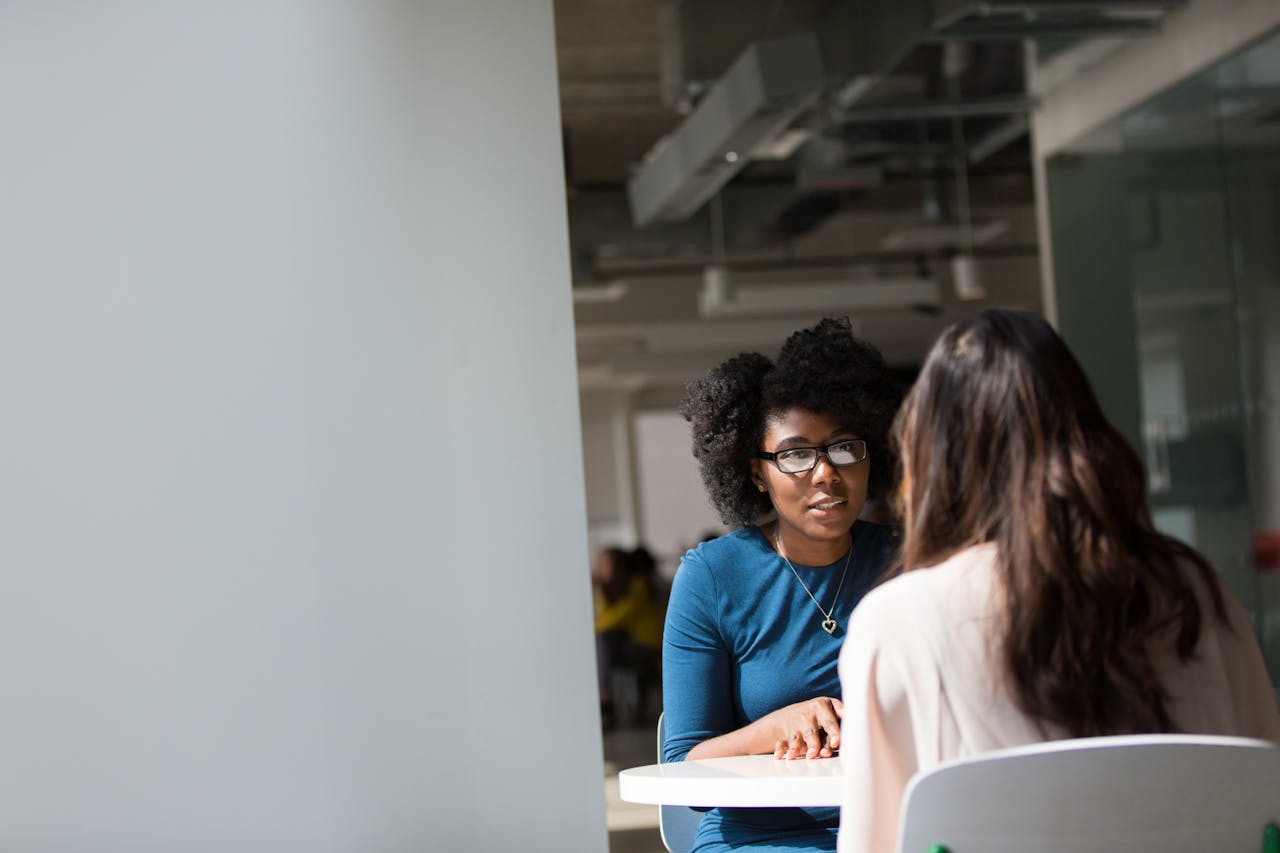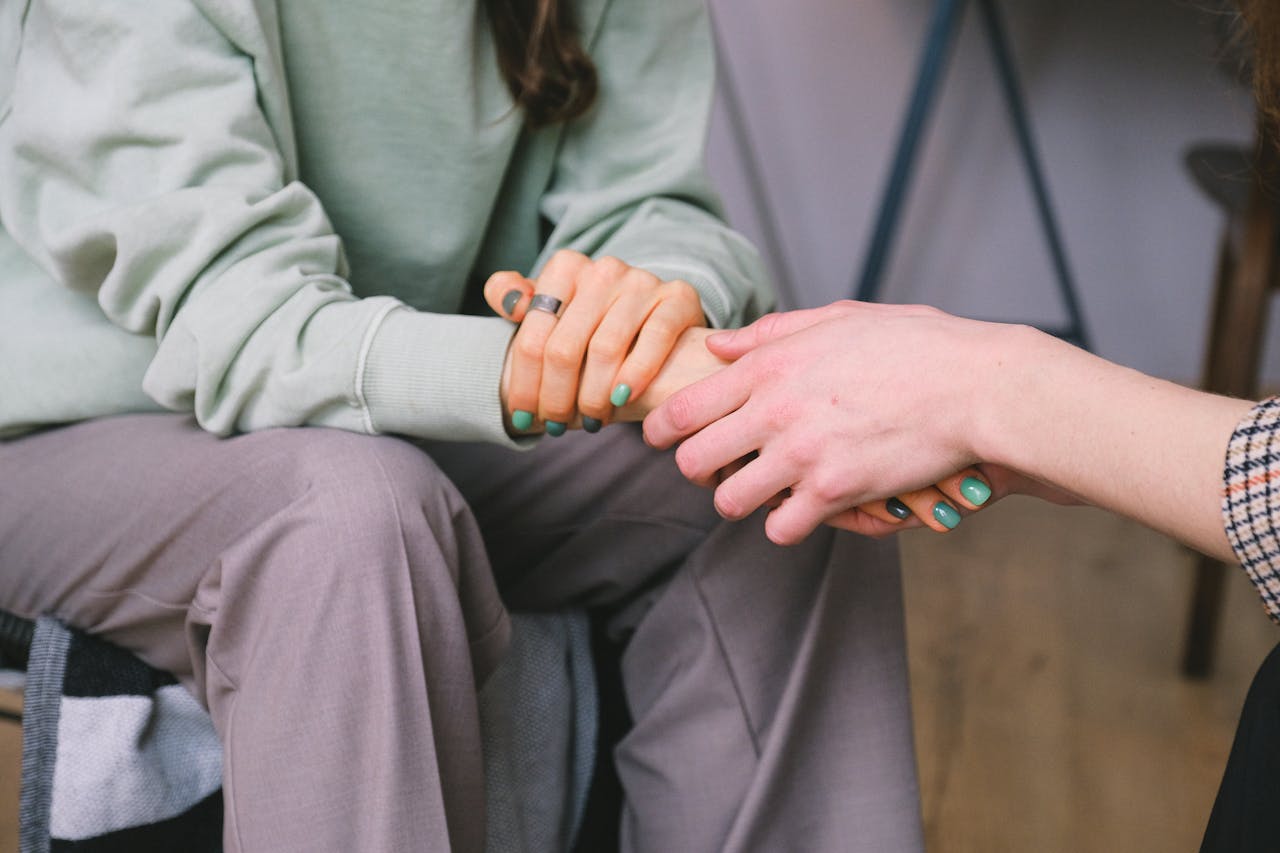
Einzelberatung
In persönlichen Sitzungen bieten wir individuelle Unterstützung, um Ihre spezifischen Herausforderungen zu adressieren und nachhaltige Lösungen zu finden.

Workshops
Unsere interaktiven Workshops fördern das Lernen in einer Gruppe und bieten effektive Werkzeuge für die persönliche Entwicklung und Selbstreflexion.

Online-Beratung
Flexibel und bequem bieten wir auch Online-Sitzungen an, um Ihnen die Unterstützung zu bieten, die Sie benötigen, egal wo Sie sich befinden.


